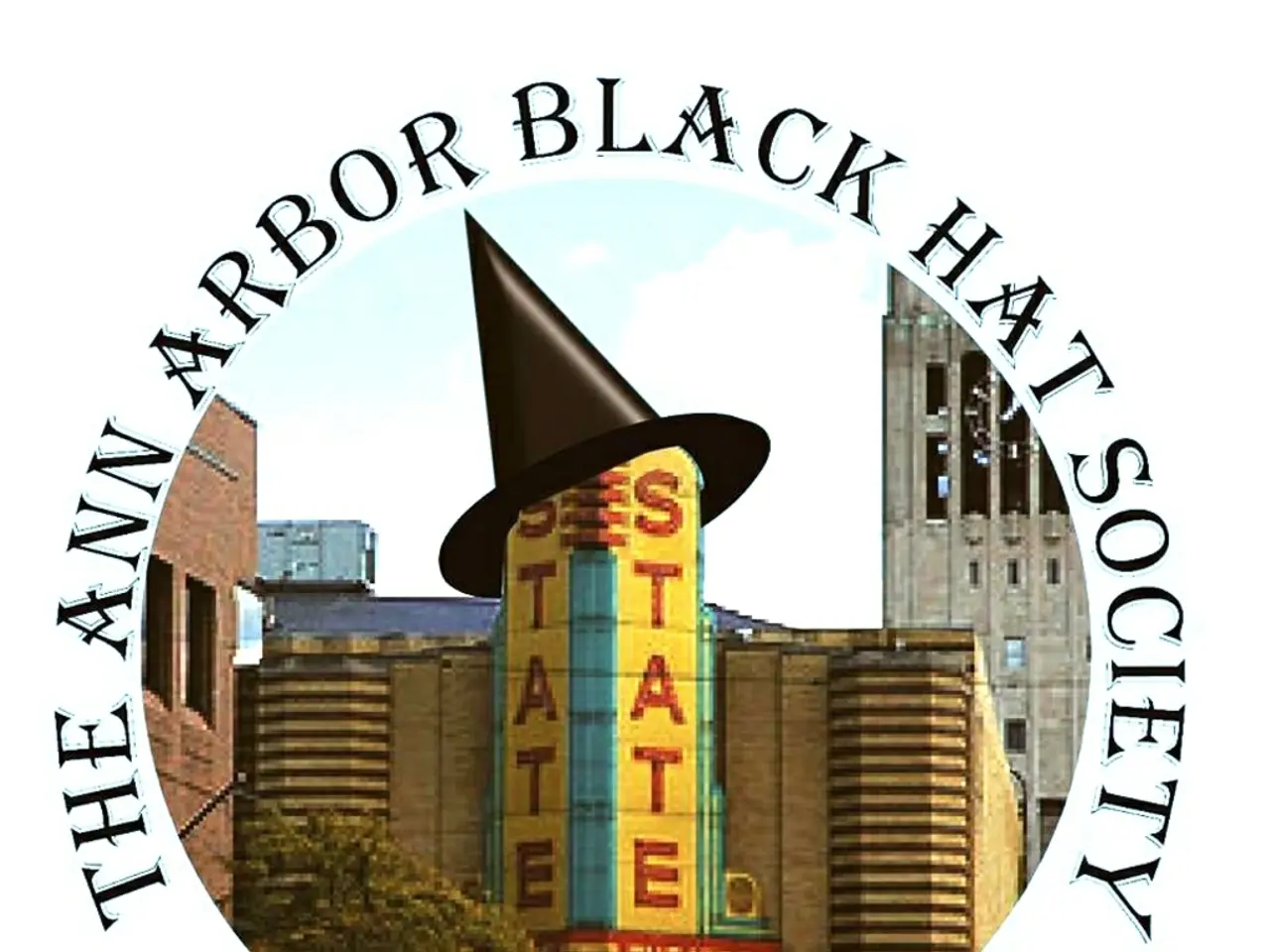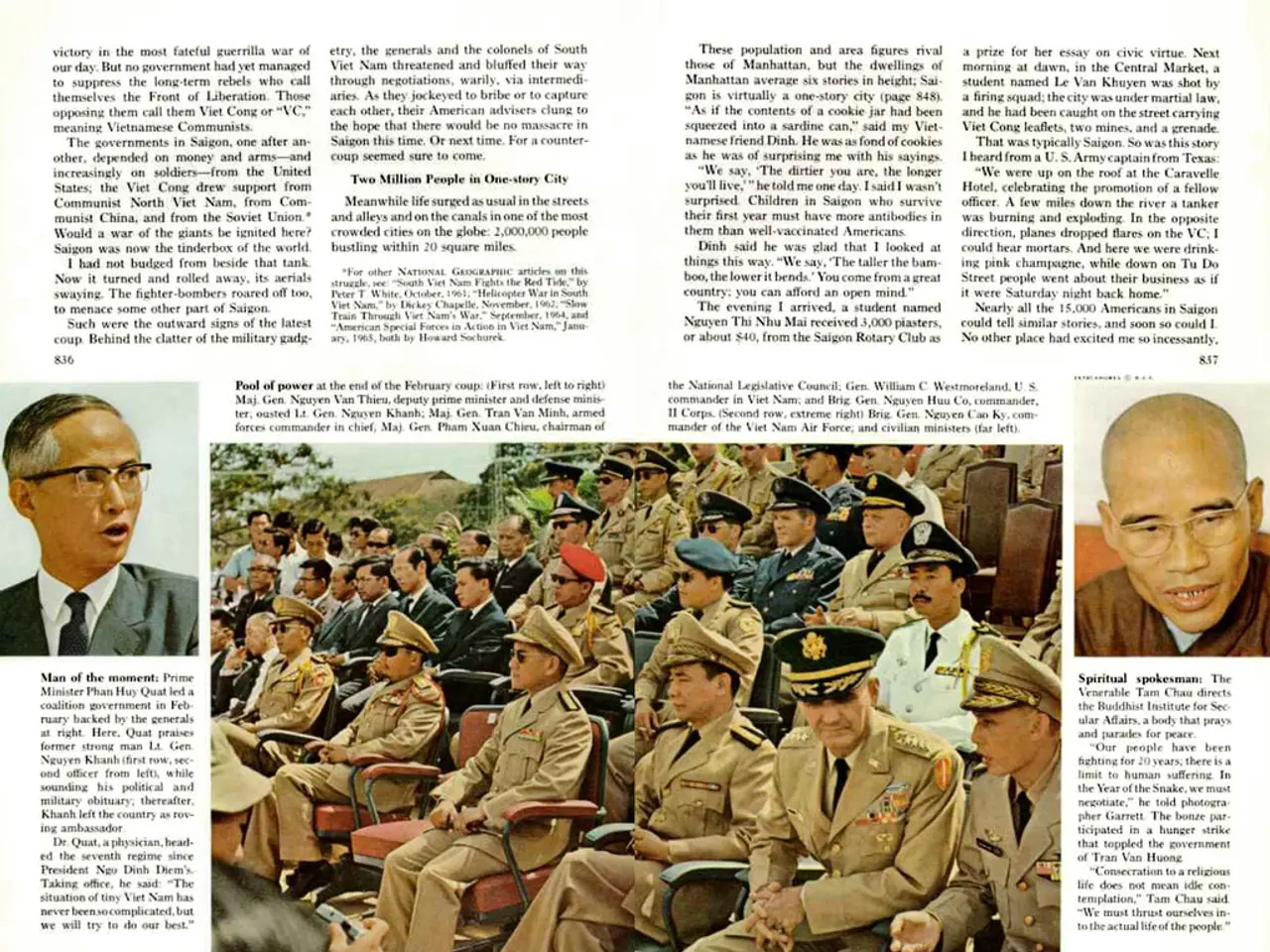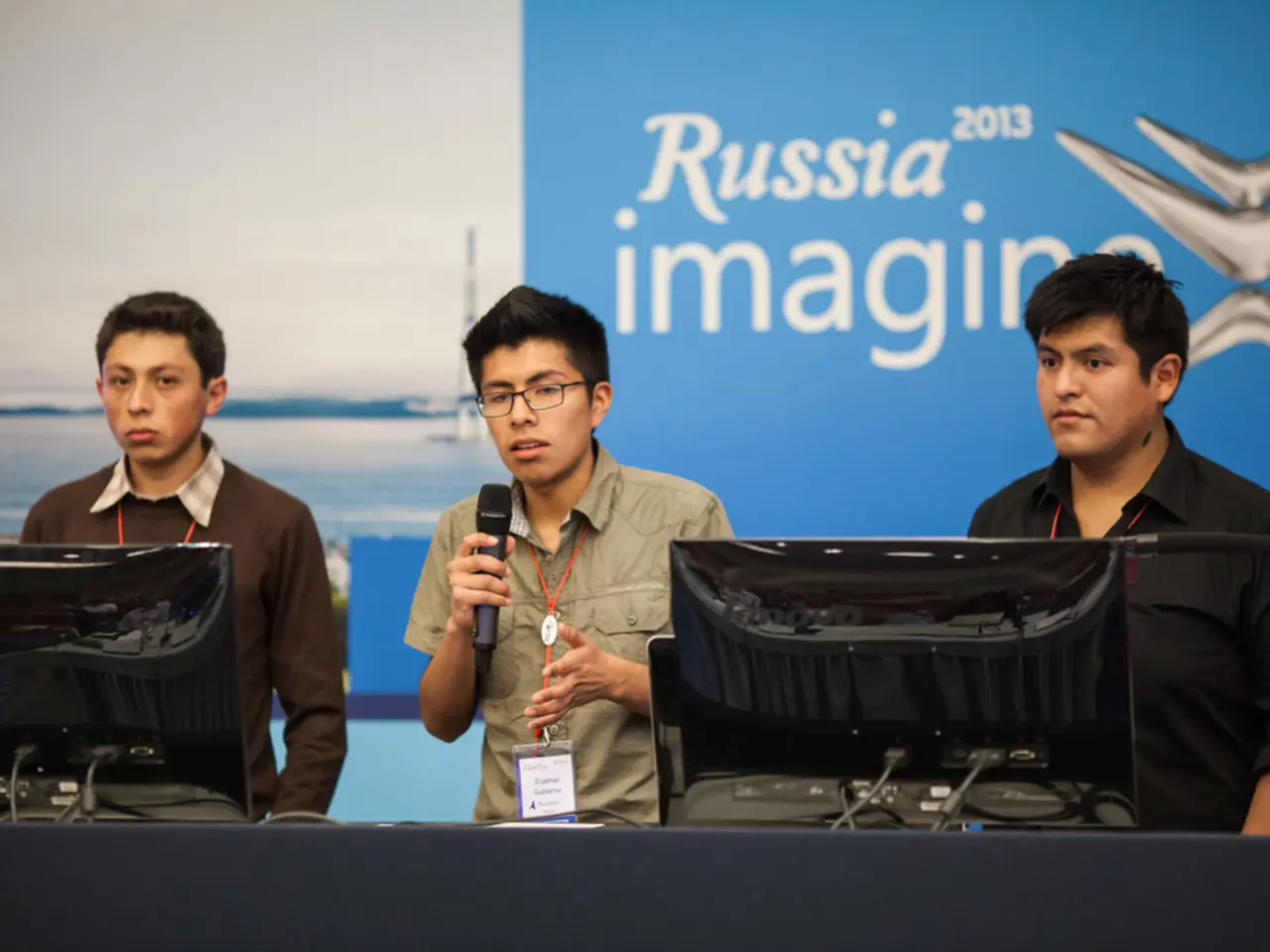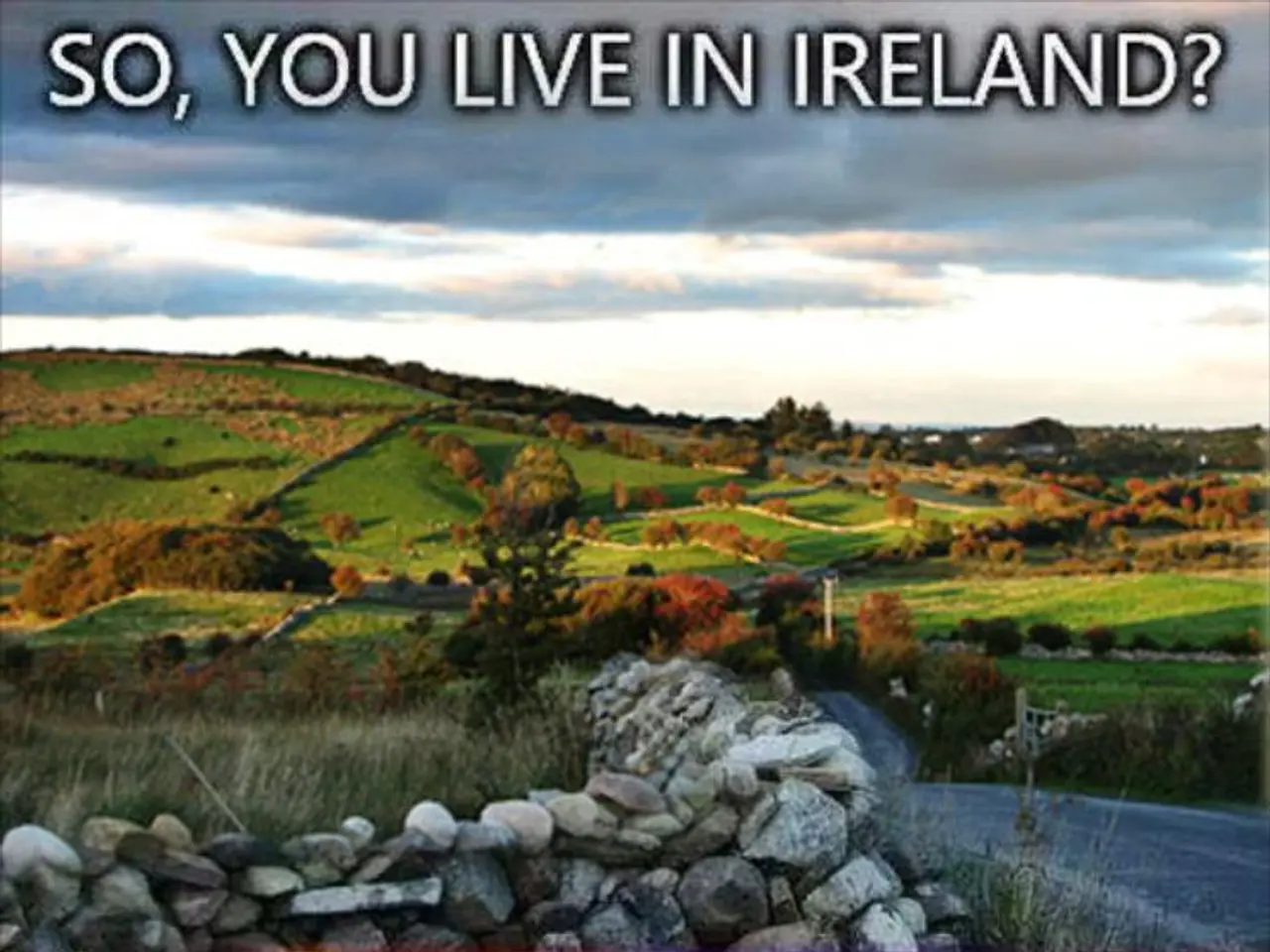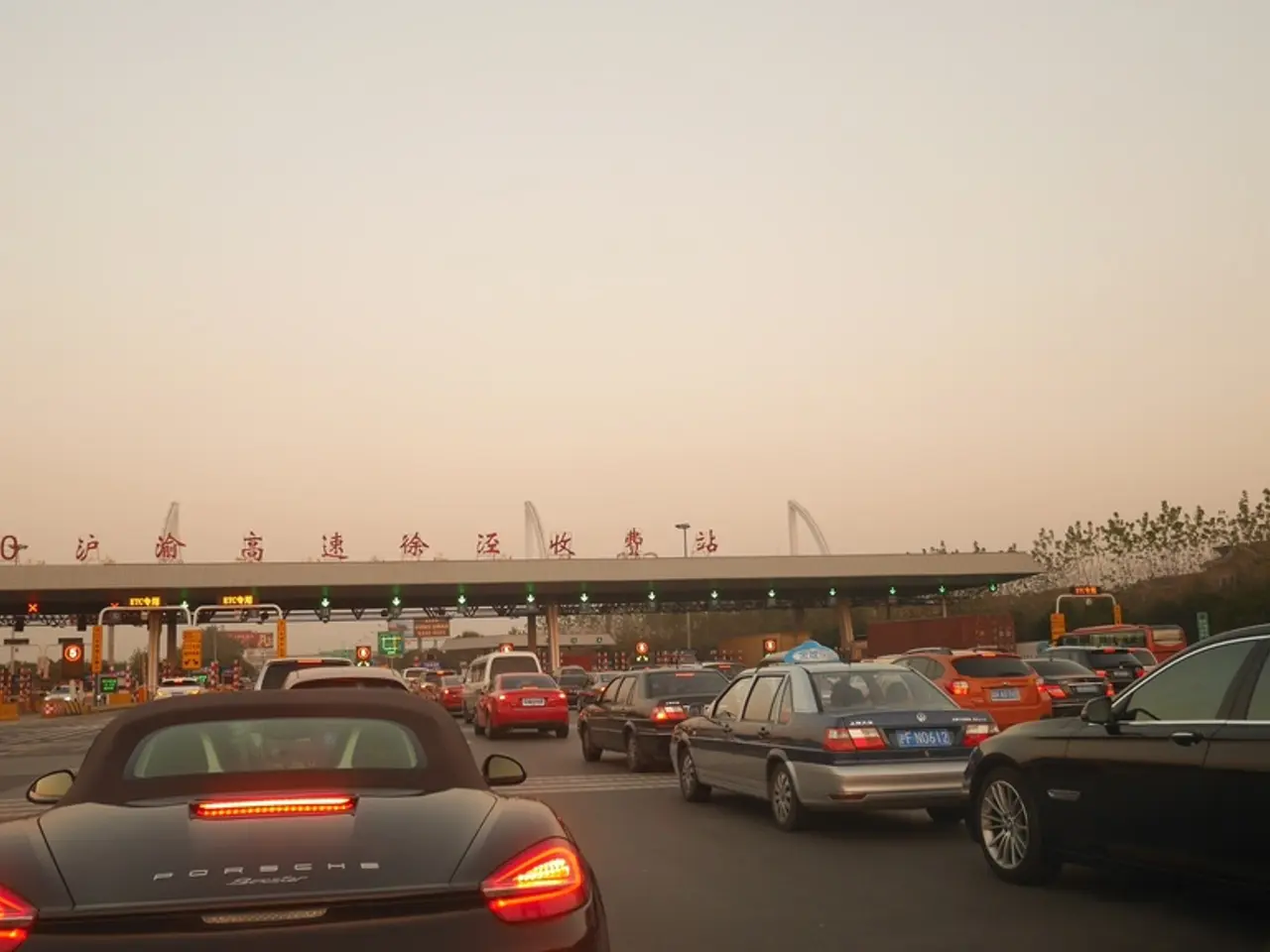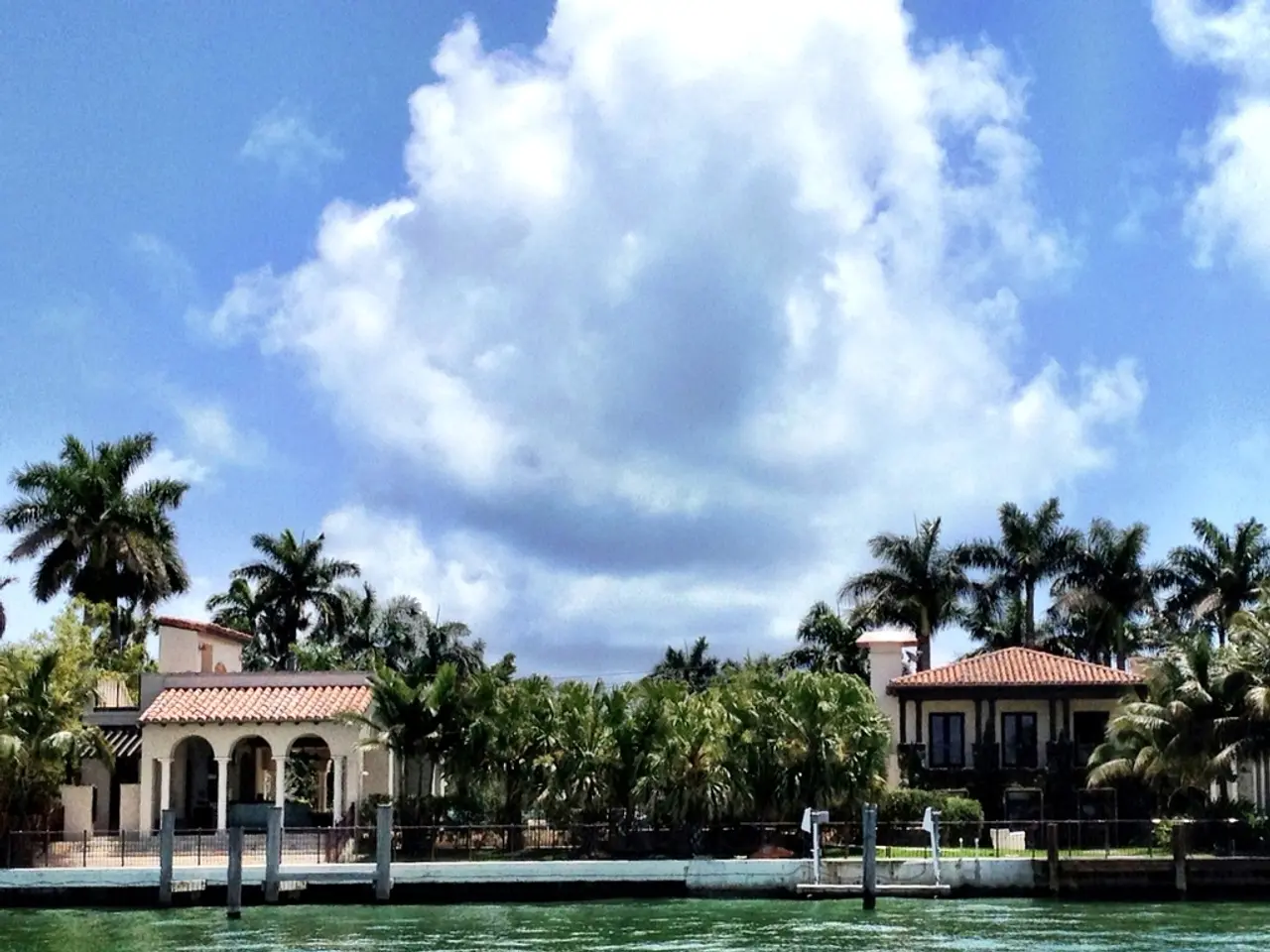Religious activities prohibited in sports facilities across Jumilla (Murcia), as decreed by PP and Vox
The Jumilla City Council in Murcia has found itself at the centre of a storm after approving an amendment that bans the use of municipal sports facilities for non-sporting events, including cultural, social, and religious activities unrelated to the city council [1][3][5]. This decision effectively prohibits the town’s Muslim community from holding traditional religious celebrations such as Eid al-Fitr and Eid al-Adha in sports venues where they have done so for decades.
The restriction was originally proposed by the far-right Vox party and later amended and approved by the centre-right Popular Party (PP), which governs the town [1][5]. The city council justified the ban by describing these Muslim festivals as “foreign” and “incompatible with Spain’s customs and identity,” aiming to promote what they call cultural campaigns defending local identity [1][3].
The decision has sparked strong opposition and criticism from various quarters:
- Muslim community leaders and organizations have condemned the ban as "institutionalized Islamophobia" and racist, noting that it violates religious freedom protected by Spanish state institutions. They expressed shock and devastation, emphasizing that despite the sizable local Muslim population, the ban undermines decades of peaceful cultural practice [1][3][5].
- The Spanish federation of Islamic religious entities (Ferri) called the political decision “racist, xenophobic, and Islamophobic,” accusing PP and Vox of using regulations to restrict religious freedoms enshrined in the Spanish Constitution [5].
- In regional debates, Vox linked Muslim religious events to alleged insecurity and fears of “Islamisation,” while the PP in other areas such as Murcia rejected Vox’s more extreme language as sectarian and contradictory to democratic values, highlighting some political division around the issue [3].
The measure has triggered significant controversy over religious freedom, minority rights, and local identity politics, with many viewing the council’s stance as discriminatory toward the Muslim minority in Jumilla [1][3][5].
Notably, the opposition party, Podemos, has announced that they will take the motion to the Fiscal Prosecutor's Office. The PSOE spokesperson, Juana Guardiola, has criticized the PP for using "excuses" to "whitewash Vox" [1]. Guardiola also described the amendment as a "lack of respect" and provokes "our most categorical rejection."
Meanwhile, Guardiola, the mayor of Jumilla, has assured that from her formation, they have bet on the respect of religious freedom and the fulfillment of the Constitution. She considers that festivities such as Ramadan or the Fiesta del Cordero do not interfere with the ordinary sporting activity calendar in Jumilla [1][3]. The controversy has come to light as several media outlets have linked this initiative to a supposed intention by the City Council to prohibit the celebration of Muslim festivals in the municipality. However, the municipal government has denied these claims, stating that everything is being taken out of context.
The PP spokesperson emphasizes that the celebration of events outside sports facilities is still allowed, but the text also asks the City Council to modify the regulations of the sports facilities so that only activities of this kind organized by the City Council can be held in these spaces. This has further fuelled concerns about the intention behind the amendment.
As the controversy continues, it remains to be seen how the situation will unfold and whether the ban will stand or be challenged successfully.
The restriction on the use of sports facilities for religious celebrations, including Eid al-Fitr and Eid al-Adha for the Muslim community in Jumilla, has been met with criticism and accusations of institutionalized Islamophobia due to claims of discrimination towards the Muslim minority. The opposition party, Podemos, plans to take the matter to the Fiscal Prosecutor's Office, while the PP spokesperson maintains that the intention behind the amendment is to modify the regulations of sports facilities, fueling ongoing concerns about the issue.

